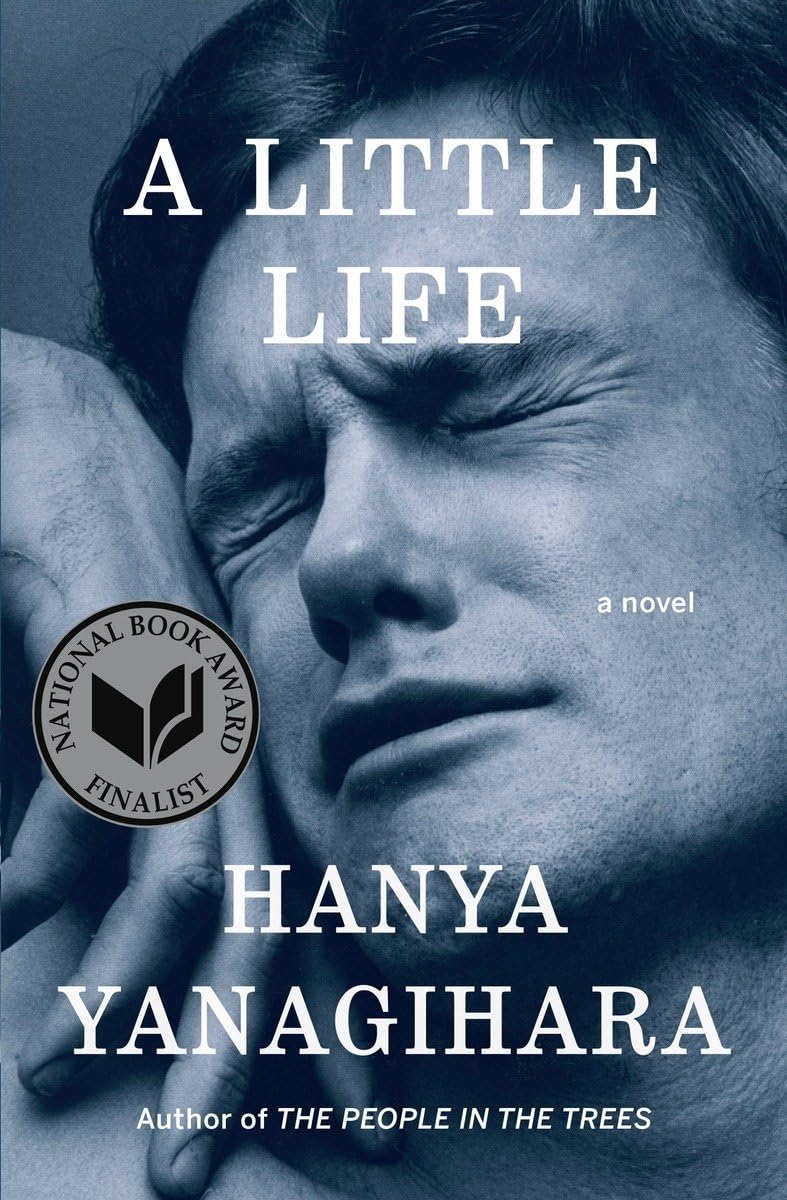Chapter 2: Jude and Healing
byChapter 2 began with his body no longer feeling like his own. It was as if it had become something separate from him, something unpredictable and unreliable, a vessel that could betray him at any moment. He carried an unease within himself, moving through the world cautiously, ensuring that no one got too close, no one could breach the invisible walls he had carefully rebuilt around him.
Only in solitude did he feel safe, when the world could not impose its presence upon him, when he was free from the threat of an unexpected touch. He had grown accustomed to shielding himself, to keeping distance between his existence and those who cared about him, because that distance felt like the only way to maintain control. He had always struggled with trust, but now, more than ever, it felt impossible to let anyone in, to believe that their presence was anything but a prelude to pain.
In many ways, it felt like he had regressed, like he had stepped backward into the person he had been when we first brought him into our home. In those early days, every touch, every act of kindness from Julia or me had seemed to trigger an instinctive flinch, as though he expected affection to be followed by punishment. It had taken years for him to accept that love was not conditional, that it would not suddenly be taken away or used against him, and now, all of that progress had crumbled.
We had spent so long proving to him that he was safe, that no harm would come from our love, that he did not have to keep his guard up around us. But one night—one person, one betrayal—had been enough to unravel everything. Caleb had managed to shatter his sense of security in a matter of hours, leaving behind the wreckage of a trust we had spent years building.
What I never admitted to him was the anger I felt—not just at Caleb, but at him. I was furious that he had not let us in, that he had not trusted us enough to share his pain, that he had decided to carry it alone as if we were incapable of shouldering it with him. But I also understood why he couldn’t; to admit he needed help would be to acknowledge his vulnerability, and for someone like him, that was the most terrifying thing of all.
For so long, survival had meant convincing himself that he was self-sufficient, that he could endure anything as long as he relied on no one but himself. To need someone, to lean on others, to acknowledge that he was not impervious to harm, was a risk he had never allowed himself to take. And after everything that had happened, after the wounds he had spent his life hiding, it was easier for him to believe in his own isolation than to risk believing in the safety we tried to offer him.
So we let him decide how to heal. We followed his lead, never pushing too hard, never forcing him to share what he wasn’t ready to say. It was a slow process, often frustrating, but we took solace in the small victories—the moments where he allowed himself to let go, even if just for a second.
There were times when he laughed without immediately stifling it, when he sat in our presence without recoiling, when he let Julia hug him without tensing up. Each time it happened, it felt monumental, a tiny piece of proof that, despite everything, there was still a part of him that wanted to believe in love, in safety, in us. But we never spoke about the night that had broken him, never confronted the shadow that loomed over everything, because we knew that acknowledging it might mean losing the fragile progress we had made.
That night became an unspoken presence in our lives, a ghost that lingered in the corners of every interaction. It was there in the way I instinctively scanned a room for potential threats when we were out together, in the way Julia watched him closely at family gatherings, always ready to step in if anyone unknowingly got too close. It existed in the silences between us, in the way he avoided certain topics, certain places, certain memories, as if pretending they didn’t exist might erase them.
But most of all, it was in the way he fought with himself every day. He pushed himself harder than ever, throwing himself into his work, into distractions, into anything that kept him from having to confront the pain lurking beneath the surface. He was desperate to prove that what had happened hadn’t broken him, that he was still whole, that he was stronger than the trauma he refused to acknowledge.
We could see the contradiction in him—the way he tried to reclaim power by acting as though nothing had changed, even as his actions revealed the weight he carried. He was afraid that if he let himself feel, if he admitted to the fear, the shame, the anger, it would consume him completely. And so, he chose denial, believing that ignoring the wounds would somehow make them disappear, even as they continued to shape every part of his existence.
Yet despite all of it, there was love—constant, unwavering, fierce. We could not erase his pain or undo the cruelty he had faced, but we could offer him one thing: a place where he was safe, a place where he was never alone. And maybe, in the end, that was the most important thing we could give him—not the promise that he would heal overnight, but the assurance that no matter how long it took, we would be there, waiting, ready to catch him when he was finally willing to fall into our arms.


